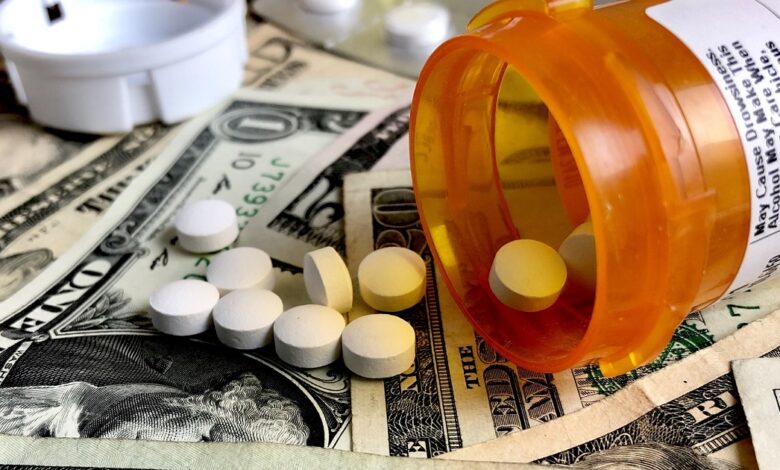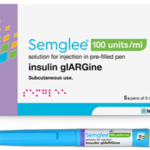How HHS Plans To Reduce Price Of Prescription Drugs

Studies have shown that Per capita prescription drug spending in the United States exceeds that in all other countries, largely driven by brand-name drug prices that have been increasing in recent years at rates far beyond the consumer price index.
The magnitude of increase is even more alarming for cancer treatments that account for a large proportion of prescription drug costs. Approximately 25% of Americans find it difficult to afford prescription drugs due to high out-of-pocket costs. But there is good news. Recently, HHS Secretary Xavier Becerra released the federal government’s plan for lowering prescription drug costs.
Americans pay more than $1,500 each annually for prescription drugs, and pay prices much higher than other high-income countries, HHS said.
“Lifesaving prescription medication should not cost anyone their life savings. Yet too often, many low-income families cannot take their prescription medications because of cost concerns,” Mr. Becerra said in a news release. “By promoting negotiation, competition and innovation in the healthcare industry, we will ensure cost fairness and protect access to care.”
Here are six takeaways from the 29-page plan:
- A key cause of high drug costs in the U.S. is a lack of competition between drugmakers, Mr. Becerra said in the news release. The HHS plan would incentivize drugmakers to manufacture drugs that are already on the market to ensure competition and force other drugmakers to lower their prices.
- The plan would allow HHS to negotiate lower prices for Medicare Part B and Part D drugs and pass those savings to private insurers.
- It would test value-based payment models for Medicare Part B drugs, in which payment for drugs is directly linked to the clinical value they provide patients.
- It would reduce regulatory barriers to getting new drugs approved by the FDA.
- It would prohibit pay-for-delay deals, in which brand-name drugmakrs pay generic drugmakers to hold off on making cheaper, generic versions of a drug.
- “Legislative and administrative actions consistent with the guiding principles presented in this plan will reduce prices paid by the federal government for prescription drugs, curb brand drug manufacturers’ abuse of patents and exclusivities to avoid competition, increase transparency for patients and across the drug industry, enhance domestic pharmaceutical supply chains and address price-gouging,” HHS said.
You can find useful information on: Is It Legal To Import Medicines Into The U.S?





